Introduction: Evolving Expectations for Data Engineers
The world of data engineering is transforming rapidly. Techniques and tools that were considered advanced a few years ago—like proficiency in SQL or Spark—are now just the starting point. With the rise of powerful AI models, automation of code and documentation, and an ever-shifting technology ecosystem, modern data engineers must continuously refine and expand their skill sets to stay relevant.
Recognizing the Shift in the Data Engineering Landscape
Amidst late evenings troubleshooting complex data pipelines, many engineers are facing deeper questions about their ongoing professional development. The true challenge isn’t always the technical error at hand, but whether we’re adapting quickly enough to new expectations. Tools and responsibilities have changed; what separated a great data engineer in 2022 might be just table stakes in 2025.

Key Areas for Upskilling in 2025
Being a modern data engineer requires more than building and maintaining traditional data pipelines. Today’s most impactful engineers are expanding into areas such as:
- Coordinating Intelligent Workflows: Utilizing AI to automate complex orchestration and management tasks within data infrastructure.
- Handling Diverse Data Types: Designing systems that process not only structured, but also unstructured data sources like text, images, and audio.
- Advanced Python Programming: Mastery of Python for both backend data systems and custom solution development.
- Melding Large Language Models (LLMs) with Data Platforms: Integrating AI models directly into platforms (for example, leveraging tools such as Databricks and LangChain together) to enable more dynamic data-driven applications.
Practical Steps for Future-Proofing Your Data Engineering Career
To keep pace in this dynamic field, it’s important to focus on targeted learning and proactive practice. Here are some actionable strategies:
- Stay Current with AI-Driven Tools: Experiment regularly with the latest open-source and commercial AI tools. Try small proof-of-concept projects to build experience.
- Deepen API and Automation Expertise: Focus on using APIs and workflow automation frameworks to connect data systems with AI services.
- Embrace Cloud-Native and Platform Engineering Concepts: Gain an understanding of cloud architectures, containerization, and scalable platform infrastructure.
- Develop Communication Skills: Collaborate effectively with other teams—including data scientists, ML engineers, and business stakeholders—to ensure your data products truly support organizational goals.

Outlook: Thriving in Data Engineering’s Next Era
The path for data engineers is becoming more demanding—and more exciting—by the year. By prioritizing continuous learning and adaptation, today’s engineers can not only stay relevant, but also drive substantial organizational transformation. Investing time and effort in these emerging areas will ensure that your skills remain in demand and allow you to rise above the baseline in a rapidly-evolving landscape.